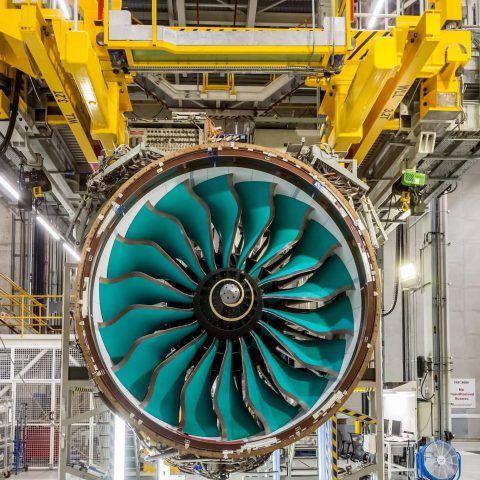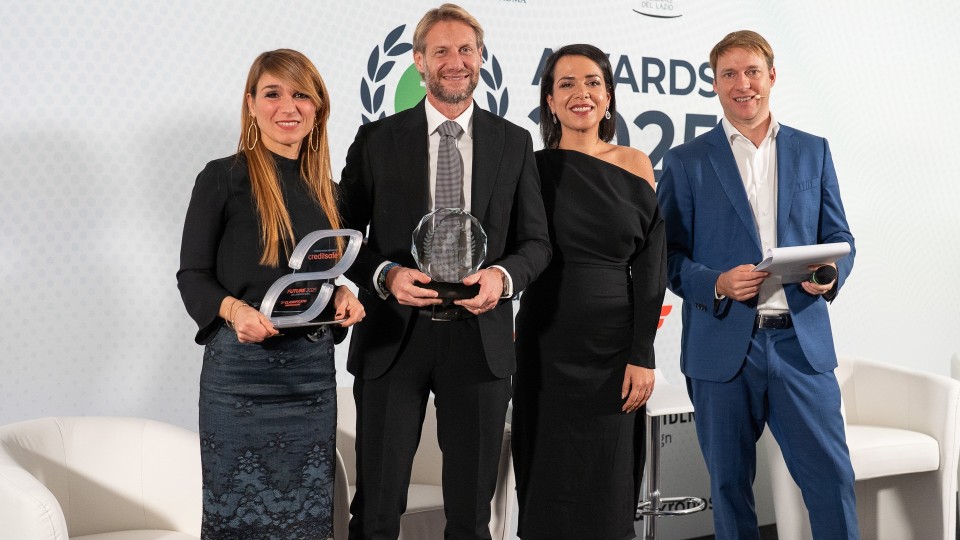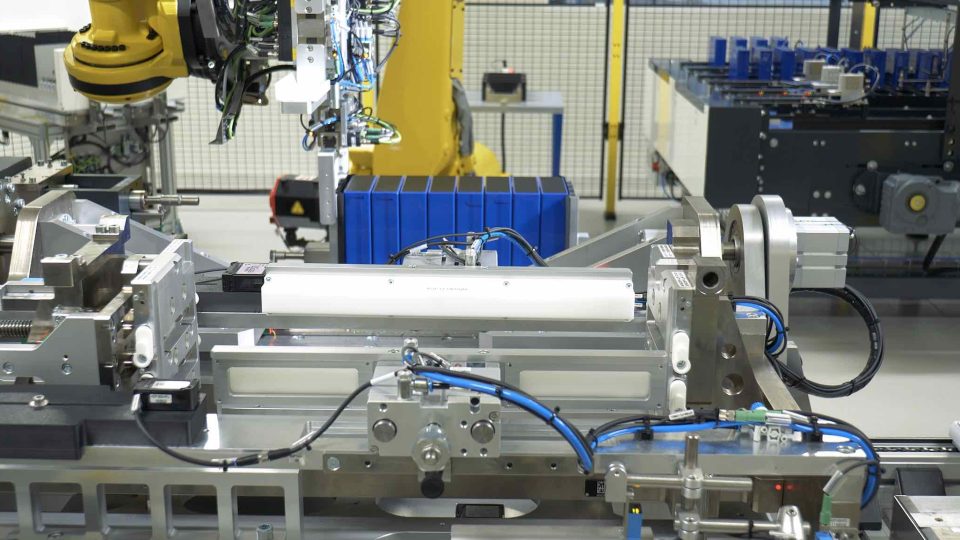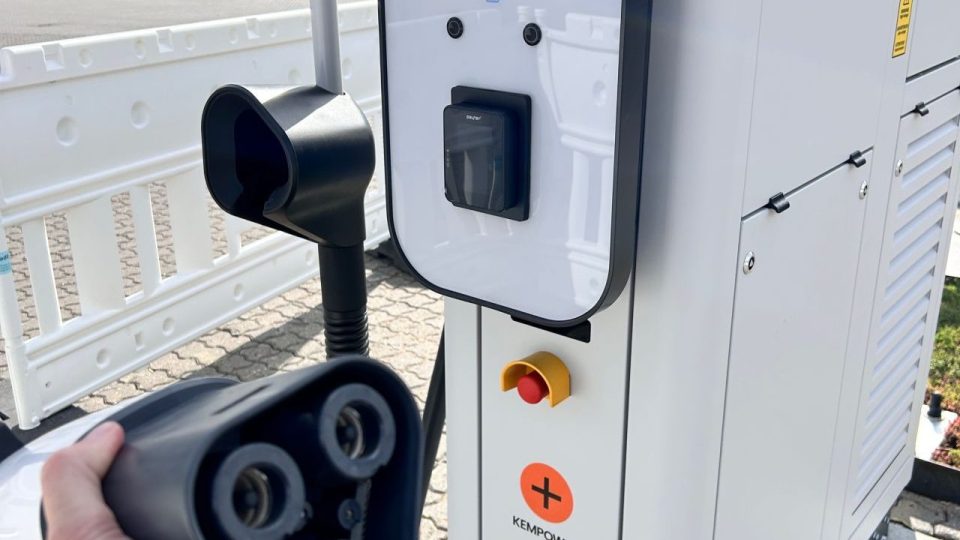Rolls-Royce will meet Net Zero soon
By 2023, all in-production civil aero engines to be proven compatible with 100% sustainable aviation fuels, contributing to UN Race to Zero breakthrough goal for sustainable aviation. Science-based target to reduce lifetime emissions of new sold products from Power Systems by 35% by 2030; new generation Series 2000, 4000 engines to be certified for sustainable fuel by 2023

Rolls-Royce and Net Zero, a mission that begins at the headquarters. In fact, the parent company’s manifesto for zero emissions in aeronautical applications is in the crosshairs, along with commercial maritime operations, as the most polluting.
Rolls-Royce to accomplish Net Zero mission
According to the British company “there is no single solution to net zero and so we are innovating across multiple areas simultaneously. However, the pace and prioritisation of technological solutions, as well as global consistency and collaboration in policy, will also be key to success. Consequently, we are expanding our collaboration with partners, industry leaders and governments across the three critical systems in which we operate – transport, energy and the built environment – to accelerate progress. These hard to abate sectors are all identified by the UN Race to Zero as requiring technological breakthroughs in order to meet the Paris Agreement climate goals and limit the global temperature rise to 1.5°C”.
CEO and UN say
Warren East, CEO, Rolls-Royce, said: “At Rolls-Royce, we believe in the positive, transforming potential of technology. We pioneer power that is central to the successful functioning of the modern world. To combat the climate crisis, that power must be made compatible with net zero carbon emissions. This is a societal imperative as well as one of the greatest commercial and technological opportunities of our time. Our products and services are used in aviation, shipping and energy generation, where demand for power is increasing as the world’s population grows, becomes increasingly urbanised, more affluent and requires more electricity. These sectors are also among those where achieving net zero carbon is hardest. As a result, our innovative technology has a fundamental role to play in enabling and even accelerating, the overall global transition to a net zero carbon future. We believe that as the world emerges from the COVID-19 pandemic and looks to build back better, global economic growth can be compatible with a net zero carbon future and that Rolls-Royce can help make that happen.”
Nigel Topping, UN High Level Champion for COP26, added: “Winning the race to a zero emission economy by 2050 at the latest requires radical collaboration and technology breakthroughs across energy, transport and the built environment – critical parts of the economy that are also among the hardest to decarbonise. By organising its industrial technology capabilities to deliver the system change society needs, Rolls-Royce is putting itself at the forefront of the defining economic opportunity of our time; one that customers want to buy, investors want to back, and the brightest talent want to apply their skills to.”
An excerpt of the strategy
Rolls-Royce “will make all civil aero-engines in production compatible with 100% SAF, through testing, by 2023. This means two thirds of the current fleet of Trent large jet engines and three fifths of the business jet engines will be SAF-ready within three years and aligns with the UN Race to Zero breakthrough goal of 10% of all the fuel used in aviation being SAF by 2030. The current generation of SAFs reduce lifecycle carbon emissions by up 70% but this is assumed to increase to 100% as production pathways for synthetically derived fuels mature.
What about mtu?
By 2023, we also intend to certify for use with sustainable fuels, the new generation of our mtu Series 2000 and Series 4000 engines. These represent the majority of the reciprocating engines we manufacture and are used across a range of applications from power generation to rail and shipping. Achieving all our 2023 targets now forms part of our executive remuneration policy.







